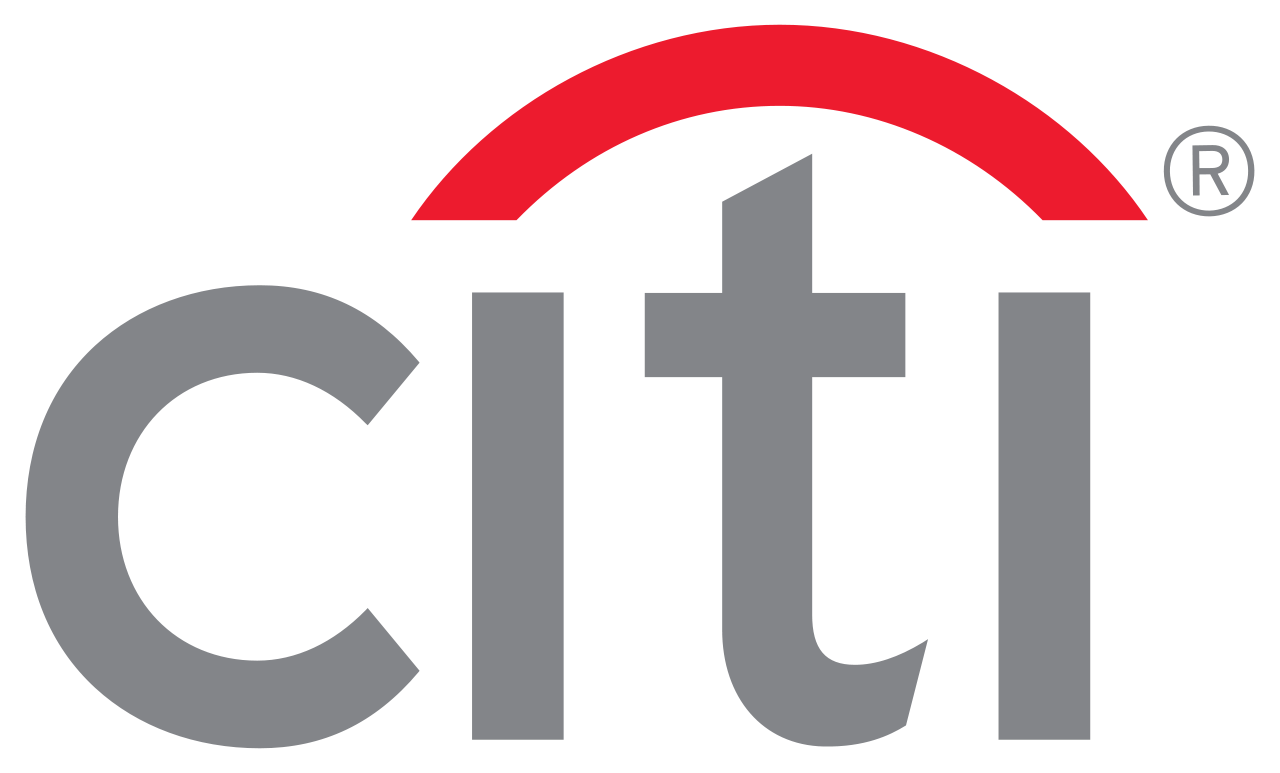Coaching - Increase Corporate Efficiency with the Right People
3.10.2012Company: CHANGE PARTNERSHIP
In his book “Good to Great”, Jim Collins said that having the right people on board is more important than strategy, or anything. How can companies ensure that their people are as right as they can be? Are you as “right” as you can be? What worries you? New challenges to face? Are you able to meet them? As a leader, doubts whether people want to follow you? Fears whether your boss supports you?
Maybe something should worry you, but you don’t know it.
Someone said he did not want to be coached because he did not want to know what people thought about him.
The obvious response? “Everyone else knows what they think about you, why be the last to know?” Others defiantly say, “This is me, this is how I am. Take me or leave me.” And then seem surprised when people choose the second option.
These and many other themes are reasons to work with a coach – to ensure that companies are as efficient as they can be; with the right people; with you as one of them.
Foremost, coaching is for successful people. To be offered a coach should be seen as a compliment, not a criticism. Why spend money coaching a loser?! Coaching is designed to help people recognise and exploit their strengths. We all know people who have reached a plateau and failed to move ahead as expected. Why? Maybe because they lacked the courage, self-belief or vision to take the next step. Or maybe because of some limiting behaviour which irritates those who decide the future, and who say “Good enough so far, but no further.”
If we are brave enough to look inside, to discover what others think of us (fairly or not) and to change where necessary, then life gets better and better. If not, we can be pretty sure that life will stay the same.
Easy to say, harder to do. It’s one thing to discover what thoughts, attitudes and behavior need to change; working out how to change is less obvious. Even harder is to make the changes permanent – to become the new default mode. Otherwise, at the first hurdle – the first stressful moment – we slip back into our old familiar habits. Working with an experienced coach, especially one who has had similar successes and failures to you – and who has learned from them – can make all the difference.
What are typical coaching issues? Some people manage upwards (their bosses) well; some their peers; some their subordinates. Rarely do people manage well in all three directions. But they should and could. Others? Taking on a new role; gaining acceptance; developing authentic leadership and presence; listening and influencing; facing challenges and conflict; using assertion not aggression; delegating and managing meetings; time – finding it and using it; developing wise corporate political awareness; enjoying the respect of colleagues, spouses and children (all in equal measure).
A useful gambit is to project ahead. Imagine the final hours of your life as you look back with a sense of having had a truly fulfilled life. You remember what things you did in order to make that happen; and what you didn’t do, what relationships you could have made better.
And now ask if you are in fact doing those things.
Then imagine your funeral. Are you surrounded by people sorry to see you go, or only there to make sure you are really dead?!
The professionals on the AmCham HR Committee understand the value of coaching for their companies. Too often, they have trouble in persuading their CEOs and senior executives of this value – indeed to take on the challenge of being coached themselves. Everyone knows someone else who needs coaching, usually the boss! And when the boss sets the example, others will follow. Whoever we are, there is always someone judging us, making decisions which affect our lives. Are our relationships with them as good as they need to be?
With these thoughts in mind, the Committee organized two workshops earlier in 2012.
The first had panelists from companies with an internal coaching culture where, in addition to their normal jobs, staff members are trained to coach colleagues.
Lenka Štépanková and Brigitte Lintner of Česká spořitelna emphasised the value of coaching in staff development. Their coaches include top and subsidiary management, encouraging staff to find their own “thinking space” to cope with change and transition, to treat others with respect and trust. To find solutions, with less of a “them and us” atmosphere. The result? Better performance and motivation- with yet more to come.
Naďa Pohlreichová from Radisson highlighted the need for staff to find a good balance between work and private life. Coaching helps them identify skills and capabilities, and encourages the acceptance of criticism. The result? Again improved motivation and performance all round.
Nina Čevorová of T-Mobile described their three waves of coach training, first at Board and top management level, and later to middle management, leading to the appointment of 25 internal coaches coaching in their spare time. Staff at all levels have had the opportunity to experience coaching, not just personal executive coaching but family, sport and team coaching. The results have been far reaching, especially with improved co-operation between different teams.
The second workshop saw presentations from four independent coaches. Whilst the goals of coaching are generally agreed, there are different methods of getting there.
Klára Hejduková explained the Systemic or a solution basis of coaching, contrasting it to the Cognitive Behavior approach. The Solution focused approach leads coachees directly to the future, mapping their strengths and resources and using them to find solutions to their problems without analyzing them. The Cognitive Behavioral does the opposite. It makes the coachee become aware of what is driving them to a certain behavior. Take your pick.
Iveta Clarke introduced the Co-active model. It is a holistic principle-centered approach that says what we do is equally as important as who we are. Being aware of this polarity between doing and being helps coachees bring meaning to the actions in the coachees’ lives. It is more about discovery, awareness and choice than about solving problems or improving performance.
For her coaching work, Magdalena Vokáčová draws on her life in the theatrical world. Her goal is to help clients discover self-coaching. She is the author of Inner Winner Self Coaching Cards which helped to generate some entertaining exercises and soul searching amongst the audience.
Roman Chudoba emphasised research which shows that the rapport between coach and coachee is more important than any coaching method. He had also found that more senior management better trust coaches with some business background; and that coachees should watch out for those coaches from a “helping” psychotherapeutic background who adopt the role of “rescuer”, to “save” the coachee from a “villain company!”
Clearly not all psychotherapeutic coaches fall into that category!
How could coaching help you?
What would it take to make your job even more enjoyable/rewarding? What would it take to get promoted? A coach can improve your chances that these things happen.
What could happen to make you lose your job? There is always something. A coach can help make sure that it does not happen.
Author: Jan Valdinger, Executive Coach and Managing Partner, Change Partnership, workshops moderator, www.changepartnership.cz







